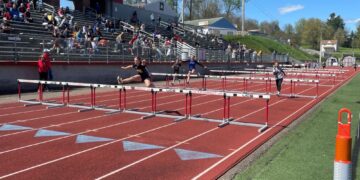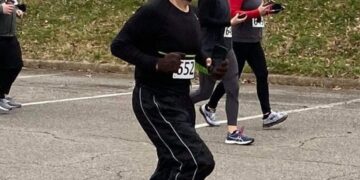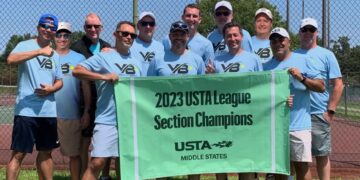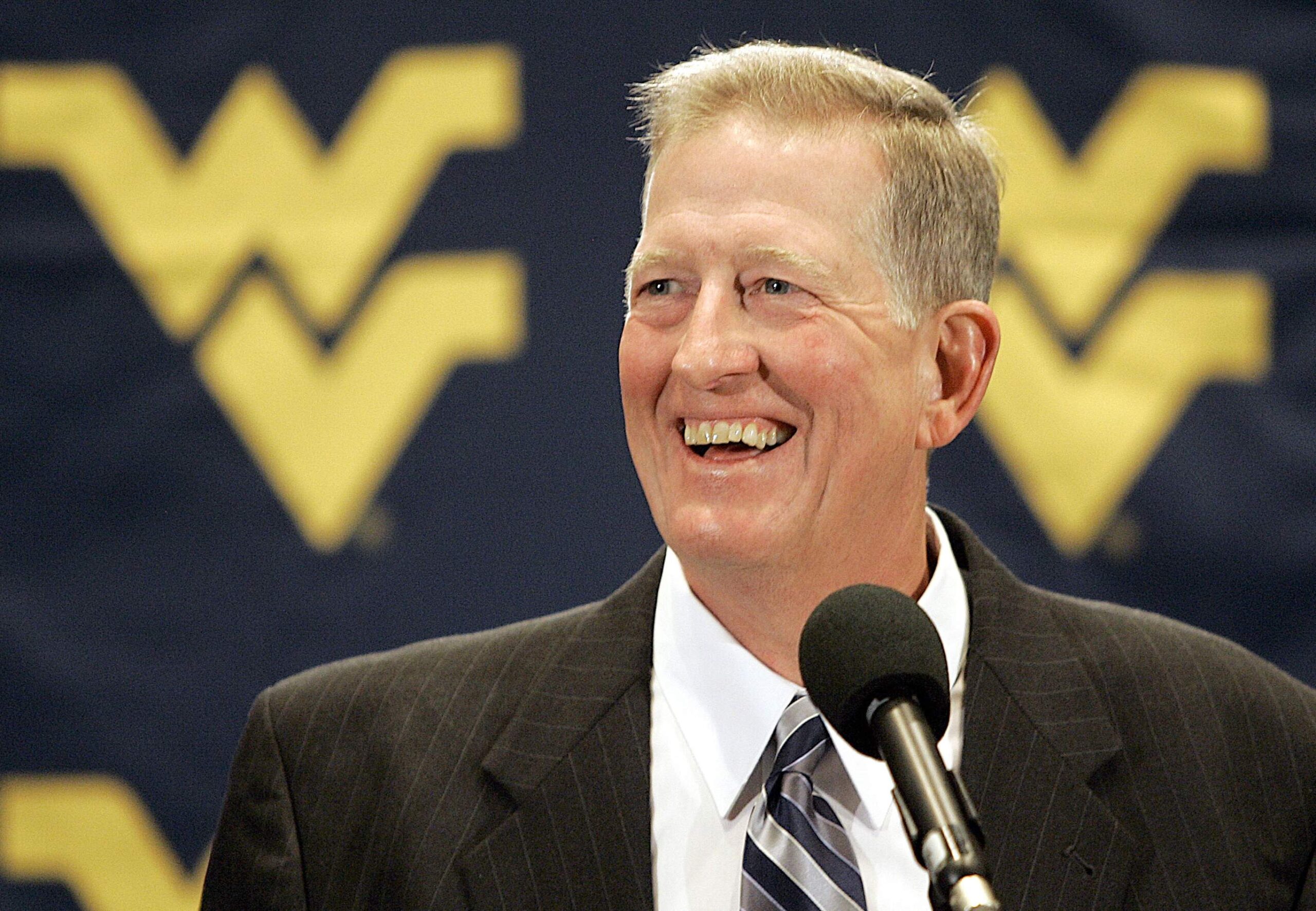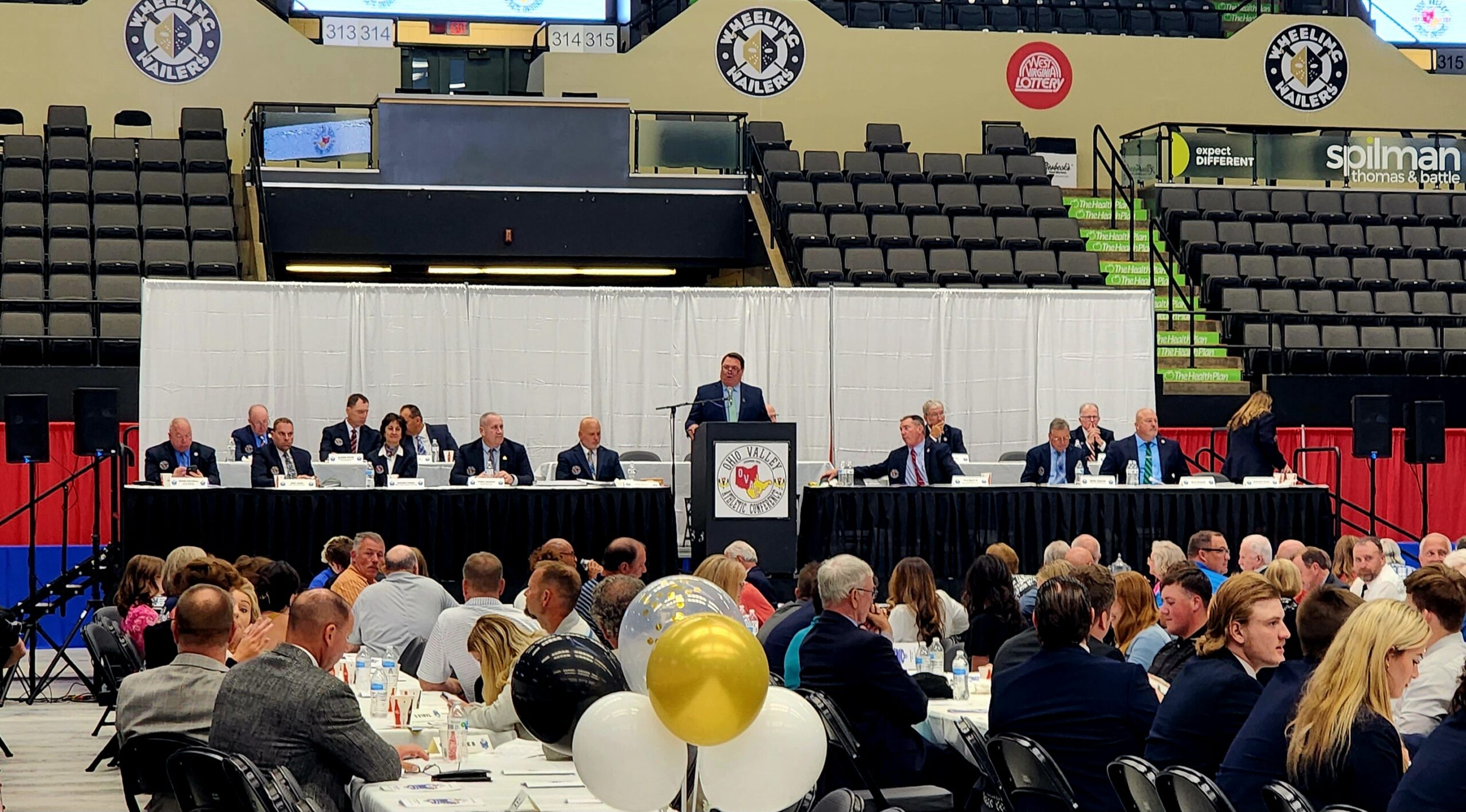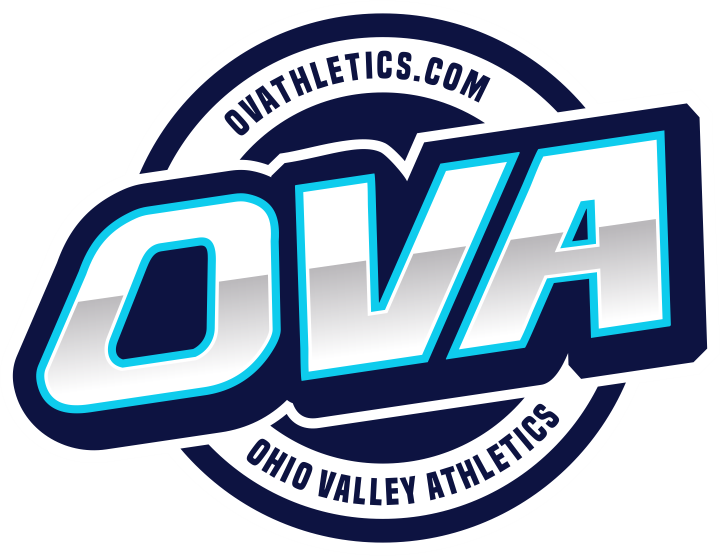A New Martinsville, W.Va., native, Stewart was no stranger to Morgantown, the state of West Virginia, or to the football world as a coach.
Stewart 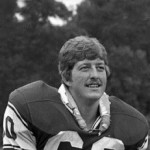 played football and ran track for the Magnolia Blue Eagles. As a freshman football player, he broke his leg. He did not play as a sophomore, but by the time he reached his senior season, he was named Mr. Football of the team, which finished 7-3 a year after going 2-8.
played football and ran track for the Magnolia Blue Eagles. As a freshman football player, he broke his leg. He did not play as a sophomore, but by the time he reached his senior season, he was named Mr. Football of the team, which finished 7-3 a year after going 2-8.
He was a 1975 gratuate of Fairmont State, where he was a three-year letterman and team captain for the WVIAC champions in 1974, Stewart earned his master’s degree in health and physical education from WVU in 1977.
His lengthy coaching resume began at Fairmont State, where he was a student assistant coach for a season. The next year, Stewart became an assistant coach at Sistersville (W.Va.) High School in 1975. In 1977, he transitioned back into a college coach where he would spend time at Salem College, University of North Carolina , Marshall, William & Mary, Navy, North Carolina, Arizona State, and Air F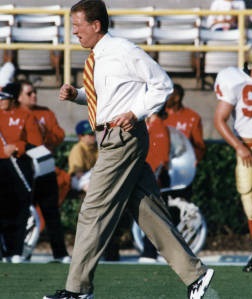 orce.
orce.
In 1994, Stewart got his first head coaching job at VMI, where he was 8-25 over three seasons. His 1995 team was the highest scoring (24.5 ppg) squad in VMI history, and Keydet running back Thomas Haskins set a I-AA rushing record with 5,349 yards.
Stewart went to Canada in 1998 to join the Canadian Football League, where he served as offensive coordinator of the Winnipeg Blue Bombers in 1999, tutoring two all-conference receivers and a 1,000-yard rusher. As offensive line coach for the CFL’s Montreal Allouettes in 1998, Stewart’s line blocked for Mike Pringle, the first 2,000-yard rusher in CFL history.
“I was in Canada and was doing well and had several chances to be a head coach,” Stewart previously said in an interview with Sports Illustrated. “Canada worked out great. Canada was absolutely lights out. I loved it. After I retire here some day, I may go back to Canada and help out. I absolutely loved it. It killed me to leave up there, but it would have killed me not to come home.”
In 2000, Stewart came home to West Virginia, joining the Mountaineer coaching staff under Don Nehlen.
In a later interview, Stewart said of returning to WVU, “Low and behold I got a call from coach Nehlen asking me to come home and be his quarterbacks coach. I looked at my bride, and she said, “Let’s go!” Every job I’ve had has been a promotion including here. So, when mama calls you, you’re going. And mama was West Virginia. It was very special for me and a no-brainer to come back and be close to family. I was very honored to be able to come home.”
Never lacking vim, vigor or an outgoing personality, Bill Stewart hit the ground running when he was named interim head coach for WVU, three weeks prior to the 2008 Tostitos Fiesta Bowl, preparing and rallying a team, a coaching staff, a school and a state.
And after guiding the Mountaineers to a remarkable 48-28 victory against Oklahoma, and arguably the most memorable bowl win in school history, Stewart was named West Virginia University’s 32nd head football coach on January 3, 2008, a day after the impressive victory.
Highly regarded as one of the “good guys” in the profession, Stewart had several personal and professional life influences starting with his mother, father and older brother.
“I didn’t come from much, but we had a lot of love,” Stewart said of his upbringing. “We had discipline in our home but we had much love. My big brother Ted was a role model for me as well. He’s a great man. He was one of my heroes growing up. My coaches and teachers were also my heroes. Professionally, I’ve been so blessed. Don Nehlen, hall of fame coach and the 17th winningest coach. Dick Crum, at UNC, the greatest organizer I’ve ever been around; Gary Tranquill, at UNC, was probably the best football coach I ever worked with; and Fisher DeBerry at Air Force and his enthusiasm were second to none. They’re all great people that I emulated and that I was lucky to work with. I sure hope all of them rubbed off on me.”
Stewart got into coaching after realizing that his parents, local sports figures and World War II veterans were viewed as heroes. And while he’s humble in being viewed as one, especially after the Fiesta Bowl magic, he got into coaching for the right reasons.
“I was into heroes as a little boy,” he once recalled “My dad and mom were my heroes as were certain neighbors growing up in New Martinsville, W.Va. Most were sports figures or guys I knew that were in World War II. As I got little bit older, in junior high, it was always the coach who I idolized. My principals, they were big in my life and forming my early years. It always seemed like the toughest ones were the ones that I liked. I tried to gain their respect. As I got older, I didn’t care much for those that wanted to be our buddies. I wanted to be taught. The coach, in my eyes, was my shining star. I fell in love with the game of football and thought, man, I want to do this, as long as I can do it. I knew at an early age I thought I wanted to be a teacher and a coach because they were the people that were most important in my life outside of my family.”
His coaching philosophies and goals are simple, yet in-depth. “It’s real simple,” Stewart said “You out-block them, out-tackle them, out-hit them and out-hustle them. If you do that – I’m not into slogans and rah-rah – but if you do that you’ve got a chance to be real successful.”
“Everyone wants to win,” he added. “Life is about winning and that’s the American way. The winning comes from hard work. In winning, you have to do things the right way. I will never sacrifice the West Virginia standards to win. I’m never going to cheat, never! We’re going to do things the old-fashioned, right way. And that means you out-work them. Just because I don’t jump in someone’s face or curse them, doesn’t mean I’m not intense. Our players and coaches will tell you I get after it when I have to. I don’t like to do that.”
Stewart married his high school sweetheart, Karen, also a native of New Martinsville, under a goalpost at Alumni Field. Football was involved in almost everything that Stewart did in his life.
“I was born a West Virginian, I was bred a West Virginian and hopefully when they lay me down I’ll be a West Virginian be it on the banks of the Ohio River or in the hills of Monongalia County.”
Bill Stewart got his lasting wish, and will always be remembered as a great Mountaineer.


